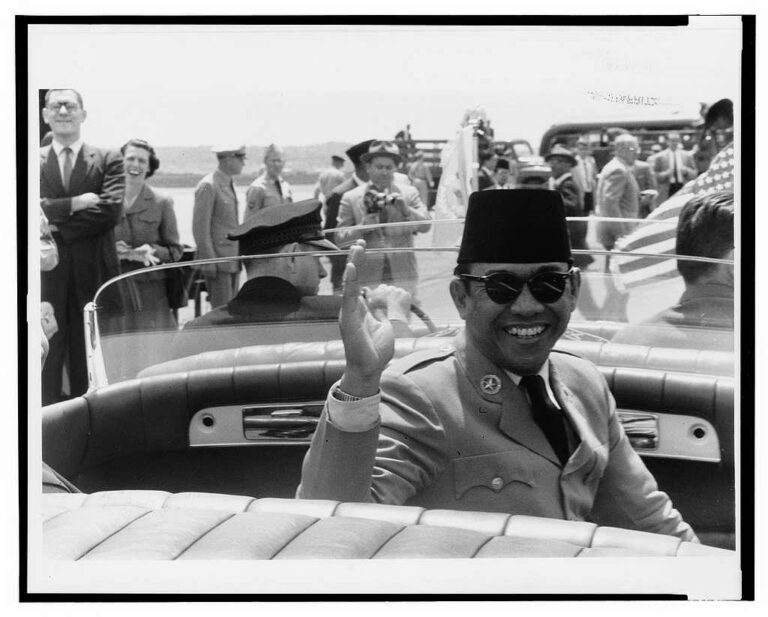The images in our articles may not match the content exactly. They are used to grab your attention, not to show the exact details in the text. The images complement the text but do not replace it.
If you are intrigued by the world of philosophy, then the name Alvin Plantinga is one that you have likely come across. A prominent figure in the philosophical realm, Plantinga has made significant contributions to various fields such as epistemology, metaphysics, and philosophy of religion. His work not only influences contemporary philosophical discourse but also inspires scholars and intellectuals worldwide.
Unveiling the Legacy of Alvin Plantinga
Alvin Plantinga, an American philosopher renowned for his work in philosophy of religion and epistemology, has left an indelible mark on academic and religious discussions. Let’s delve into some fascinating facts about this influential thinker.
Plantinga’s Groundbreaking Ideas
One of Plantinga’s most famous contributions is the modal version of the ontological argument for the existence of God. This argument has sparked significant debate among scholars and has shaped discussions on the existence of a divine being.
Reformed Epistemology
Plantinga introduced the concept of “Reformed epistemology,” which argues for the rationality of religious belief without the need for specific evidence or arguments. This idea challenges common assumptions about the nature of religious belief and rationality.
Harmony Between Science and Religion
Contrary to popular belief, Plantinga argues that science and religion can coexist harmoniously. He emphasizes that there is no inherent conflict between the two when properly understood, challenging the notion of an irreconcilable divide between science and faith.
Influential Books and Awards
Plantinga is the author of numerous influential books, including “God and Other Minds” and “Warranted Christian Belief.” His works have shaped discussions on belief in God and the justification of religious faith. Additionally, he has been honored with prestigious awards such as the Templeton Prize and the Rescher Prize for his contributions to philosophy.
Teaching and Debates
Plantinga has taught at esteemed universities like Calvin College and the University of Notre Dame, influencing countless students and shaping the next generation of philosophers. He has also engaged in rigorous debates with prominent atheist philosophers, bringing philosophical arguments for the existence of God to the forefront of intellectual discourse.
Expansion to Theology and Philosophy of Mind
Plantinga’s intellectual contributions extend beyond philosophy to theology and the philosophy of mind. He has explored topics such as the nature of God, the problem of evil, and the relationship between the mind and the body, broadening the scope of his contributions.
Ongoing Influence
Plantinga’s work continues to have a significant impact on contemporary philosophy. His ideas shape philosophical discussions and influence various areas of thought, making him a highly respected figure in the field.
Recognitions and Legacy
As a member of the prestigious American Academy of Arts and Sciences and a recipient of honorary doctorates from several universities, Plantinga’s contributions have been recognized and honored across the academic landscape. His legacy continues to inspire a new generation of philosophers and theologians.
Conclusion: Alvin Plantinga’s Remarkable Impact
Alvin Plantinga’s astonishing facts illustrate his profound influence on philosophy, religion, and intellectual discourse. From challenging assumptions about the compatibility of science and faith to his groundbreaking ideas on religious belief, Plantinga’s work remains relevant and thought-provoking. His legacy as one of the most influential philosophers of our time is undeniable.
As we delve into the intricacies of Alvin Plantinga’s intellectual journey, we encounter a mind that challenges common assumptions, opens new avenues of thought, and inspires generations of thinkers. His relentless pursuit of truth, coupled with his commitment to the exploration of faith and reason, makes him a true pioneer in the field.
FAQs: Exploring Further
Q: What are some notable achievements of Alvin Plantinga?
A: Plantinga is renowned for his work on the problem of evil, his defense of theistic belief, and his contributions to modal logic. His groundbreaking theories in philosophy and theology have earned him numerous awards and honors.
Q: How has Alvin Plantinga influenced the field of philosophy?
A: Plantinga’s ideas, particularly his concept of “warranted Christian belief” and his defense of religious faith, have had a profound impact on the philosophy of religion. He has challenged existing assumptions and opened up new avenues of inquiry.
Q: Is Alvin Plantinga a controversial figure?
A: Plantinga’s views have sparked debate among scholars, but he is widely respected for his intellectual rigor, analytical acumen, and contributions to philosophy. His ideas continue to shape philosophical discourse today.
Q: What is the significance of Alvin Plantinga’s work?
A: Plantinga’s work expands our understanding of belief, rationality, and the relationship between faith and reason. He has challenged the notion that religious belief is irrational and has provided a robust defense of a theistic worldview.
In conclusion, Alvin Plantinga’s contributions to philosophy and theology have revolutionized our understanding of belief, knowledge, and rationality. His ideas continue to inspire and challenge scholars and thinkers across various disciplines. If you found these facts about Plantinga intriguing, you may also enjoy exploring the captivating world of another influential philosopher, Immanuel Kant, and his impact on knowledge, ethics, and reality.






